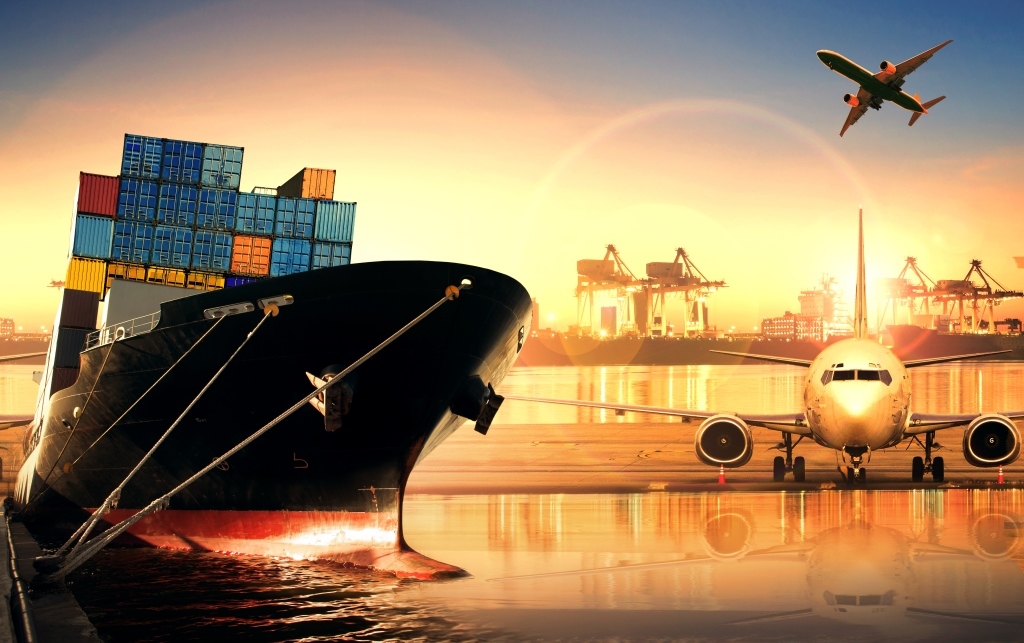Cost a key factor in environmental modal shift
11 / 12 / 2020

Photo: Shutterstock
Maintenance of product quality and cost savings are two key motivating factors behind shippers moves to shift from air to ocean on environmental grounds.
Responding to the news that salmon farmer Hiddenfjord had decided to drop airfreight completely on environmental grounds, Cool Chain Association (CCA) board chairman Stavros Evangelakakis said that the organisation was frequently having conversations where airfreight and seafreight are compared.
Although not commenting directly on the move by Hiddenfjord, he said that there was often more to a move from air to ocean than just emissions reductions.
He said that if there are cost savings, product quality can be protected and consumers are happy to purchase seafood “which is two to three weeks on the road in Asia” then it made sense for shippers to switch modes.
However, he warned that the full environmental impact of a seafreight supply chain is often overlooked.
Meanwhile, the aviation industry should continue to push to develop technologies that reduce emissions.
Evangelakakis pointed to the Solar Impulse 2 aircraft, which flew around the world in 16 months using solar power, as one example of what could be achieved.
Vijan Chetty, CCA board member and general manager of the coastal division within the Perishable Products Export Control Board (PPECB), said that seafreight should include carbon emissions across the value chain and not only the ocean freight leg.
“The washing, preparation and pre-tripping of containers, transportation of containers to cold storages, cooling of perishables within cold storages and long truck queues and congestion on roads are just some of the components that adds to the carbon emissions by seafreight,” he said.
Gerton Hulsman, CCA board member and managing director of Dusseldorf Airport Cargo, agreed that ocean shipping was far from environmentally friendly.
The International Maritime Organization this year introduced stricter emissions regulations but in many areas ships can still operate using bunker fuel.
“Some 100,000 cargo vessels burn more low-grade bunker fuel (enormous CO2 emissions) than millions of cars, so isn’t necessarily more environmental than airfreighting. It´s the price definitely which plays the vital role in the shifting of modality,” he said.
CCA secretary general Nicola Caristo, who is also who is also airline partner manager SkyCell, said that a community approach should be taken to sustainability.
“We aim to communicate best practice to our members to cover ways in which they can make changes to be more sustainable,” he said.
“There are things that can be done to improve sustainability that mean avoiding cutting out a whole channel — using recyclable material for example.
“There are aircraft that are able to have reduced taxi times, this in itself is an example of where less fuel has been used to allow for a more sustainable solution.”
He added that the CCA offers ratings for many different elements of the supply chain and a sustainability grading is something the organisation would like to add in the future.














